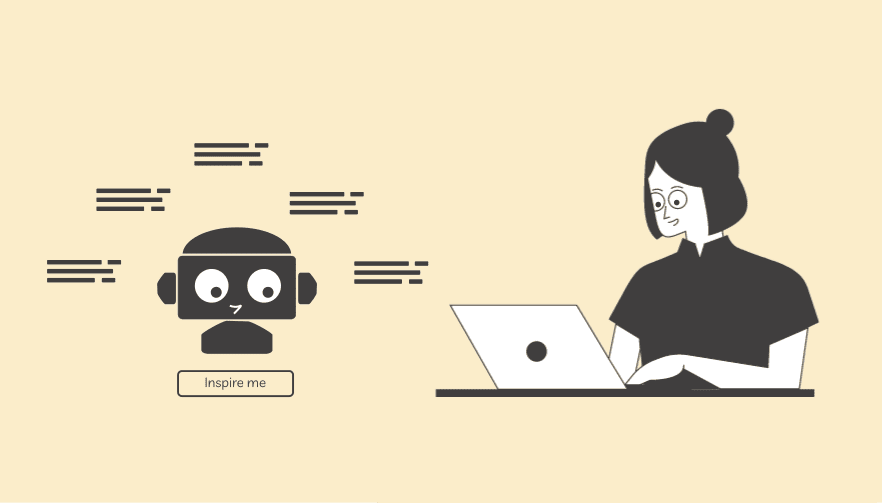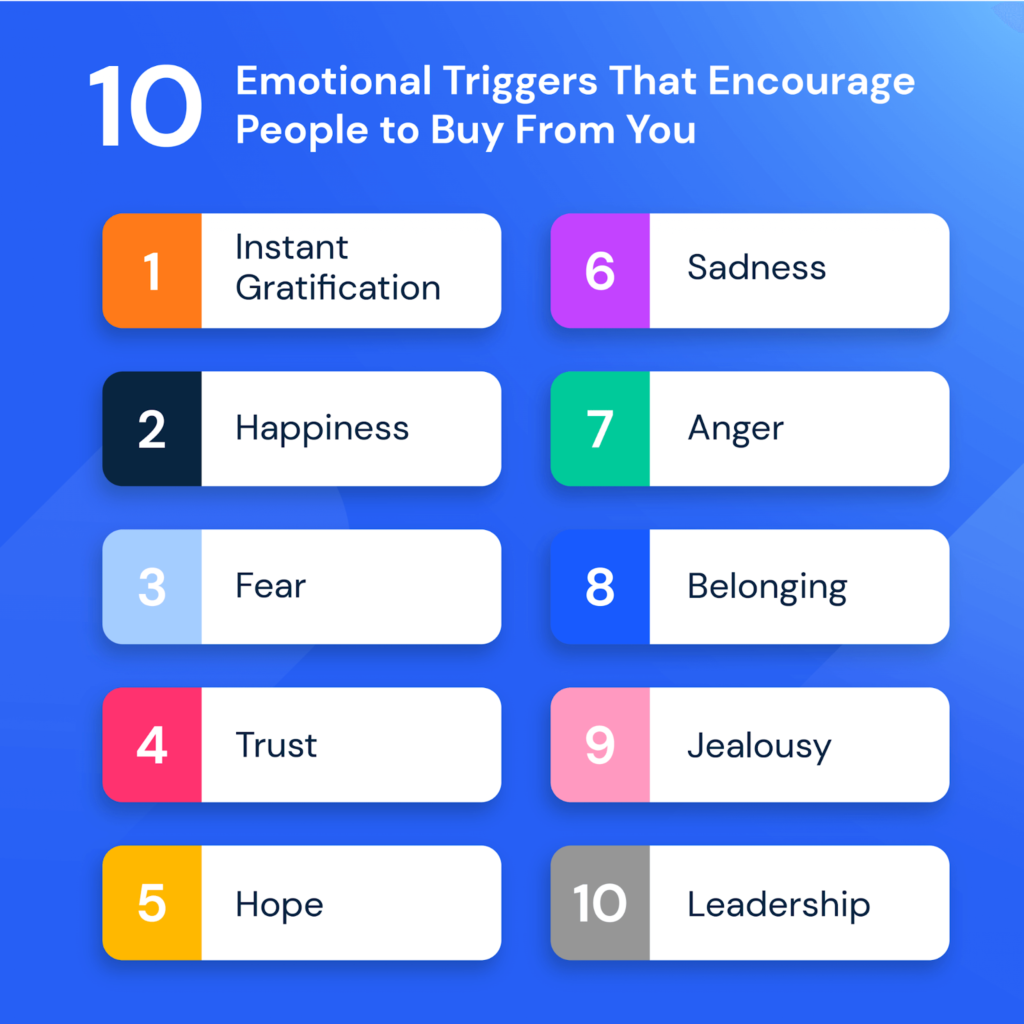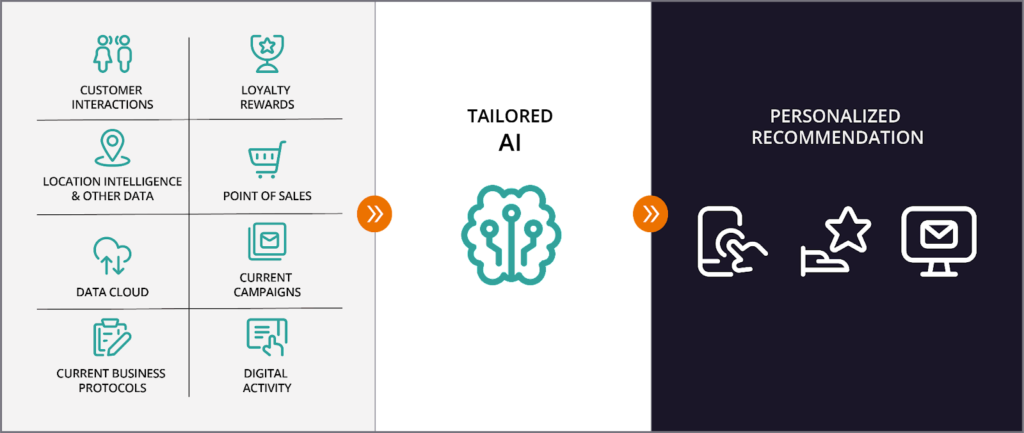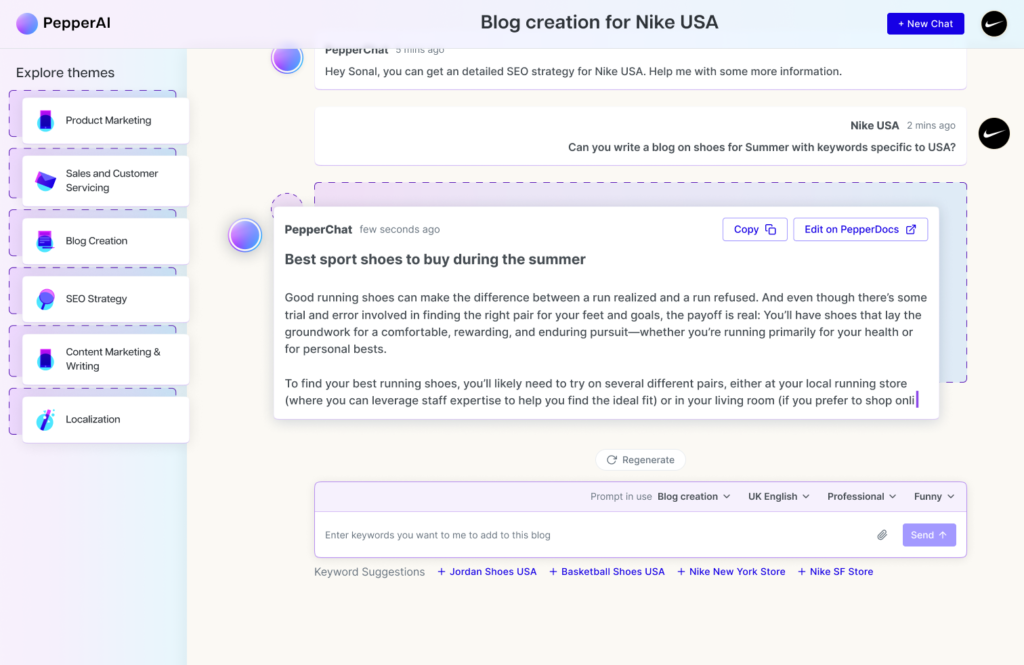Tired Of Having To Labor Through Your Ad Campaigns Content? Try AI Ad Copy

Artificial Intelligence (AI) has become an indispensable tool for businesses in all industries. With the increasing use of digital marketing, businesses need innovative strategies to outperform their competition. One of the most crucial components of digital marketing is the ad copy or ad content. Effective ad copy is the difference between having consumers notice your business and simply passing it by. With AI, you can effectively target your intended audience, manage your budget, and create personalized content that will draw in your audience and make your brand memorable. Wondering how?
How Artificial Intelligence Can Help Your AD Campaigns
First, let’s talk about how AI can help you target your intended audience. When creating an ad campaign, you want to ensure that it is directed toward the people most likely to engage with your content. AI can analyze humongous customer data like purchasing behavior, demographics, and user interests to create ad copies that are more tailored to their specific interests. This kind of insight could make ad campaigns more effective.
AI can also help filter out people that are not interested in your product and target your desired demographic more effectively. This can save you time and budget that would have been wasted on ineffective advertising.
Additionally, AI can help you manage your budget. By analyzing data from previous campaigns or by making predictions through data science, AI can suggest where to allocate your budget for maximum effectiveness. This not only saves time and money, but it also puts your money where it matters most.

Lastly, AI can create personalized content that aims directly at your target audience. Through a process called natural language generation, AI can write personalized ad copy and content tailored to your audience. By using natural language processing (NLP), AI can identify the most effective language for ad copies. This could help marketers create ad copies that are more likely to appeal to their target audience and increase conversion rates.
AI can generate ad copies by analyzing the content on the brand’s website or social media profiles to understand the products or services offered and target the desired audience. This could help marketers to create ad copies that are in alignment with their brand image.
Overall, AI can help generate more data-driven and effective ad copies that can result in better conversion rates and returns on investment (ROI).
Ad Copy Examples Created Using AI
In the world of advertising, the ultimate goal is to increase the number of clicks. With AI, businesses can leverage technology to create compelling advertising and promotional content that increases clicks. Here are some ad copy AI examples that businesses can use to drive more clicks.
1. Dynamic Keyword Insertion
Dynamic Keyword Insertion (DKI) is one of the most effective ways of creating ad copy that increases clicks. With DKI, AI technology inserts the exact keyword a consumer searched for into the ad copy. This technique creates more personalized content that resonates with the consumer, increasing the chances of a click. A great example of AI ad copy using DKI for a coffee shop would be:
“Get [Freshly Brewed Coffee] at [Coffee Shop Near You]!”
In this example, the AI inserts the keyword ‘freshly brewed coffee’ and the location of the coffee shop, creating a more personalized message for the consumer.
2. Emotional triggers
Emotional triggers can be used to evoke emotional responses from potential customers, encouraging them to visit your website. Technology can analyze the language used by consumers and use it to create AI ad copy that resonates with them emotionally. Here is an example of an ad copy that uses emotional triggers:
“Don’t miss out on the [Best Experience] of your life! Book now and create memories that will last forever!”
In this example, the AI uses the language of a consumer who desired an unforgettable experience. By using emotional triggers, businesses can create ad copies that evoke an emotional response, which is essential to increase clicks.

3. Urgency
An effective way of increasing clicks is by creating a sense of urgency in your ad copy. AI technology can analyze consumer behavior and create content that taps into their sense of urgency. Here is an example of AI ad copy that uses the urgency factor:
“Last chance to book your [Dream Vacation] at an unbeatable rate! Offer ends soon, don’t miss out!”
In this example, the AI creates a sense of urgency by using words like ‘last chance’ and ‘offer ends soon’. By conveying that the offer is time-sensitive, businesses can create ad copy that increases clicks.
4. Personalized recommendations
In the age of personalization, consumers expect businesses to deliver marketing content that caters to their specific needs and interests. Technology can analyze customer data and create AI ad copy that is tailored to each individual’s preferences. Here is an example of ad copy AI that uses personalization:
“Looking for a [New Book]? Check out [Best-selling Books] in your category and find your next favorite read!”
In this example, the AI analyzes a customer’s reading preferences to create content that is personalized to their interests. By providing personalized recommendations, businesses can create advertising content that increases clicks and conversions.

5. Social proof
Consumers trust other consumers more than they trust businesses. Social proof is a powerful tool that businesses can leverage to increase clicks. AI technology can analyze customer reviews and feedback to create copies that include social proof. Here is an example:
“Join thousands of satisfied customers who have found their perfect [Product/Service] with us!”
In this example, the AI uses language that refers to other satisfied customers. By using social proof, businesses can create compelling AI ad copy.
How do Advertisers measure the effectiveness of AI Ad Copies?
Advertisers can measure the effectiveness of AI-generated ad copies by tracking key metrics such as click-through rates, conversion rates, engagement rates, and cost-per-click. They can also use testing and validation methodologies such as A/B testing to compare the performance of AI-generated ad copies with human-written ad copies.
Additionally, advertisers can use machine learning algorithms to analyze and optimize their ad campaigns based on user behavior and feedback. Other methods include conducting surveys and analyzing customer feedback to determine whether AI-generated ad copies resonate with the target audience and drive business results.
Benefits of Using AI Ad Copy
AI ad copy can improve effectiveness in several ways:
1. Personalized content: AI technology uses algorithms and machine learning to analyze user behavior and interests to deliver advertising content that is personalized to each user. Users are more likely to click on ads that are tailored to their interests, resulting in a higher CTR.
2. Real-time optimization: AI technology enables brands to optimize their advertising content in real-time based on user interactions and engagement data. This means that machine learning algorithms can analyze ad performance and adjust ad copy AI to improve the likelihood of clicks.
3. Predictive analytics: AI technology can predict which ad variations are most likely to result in clicks. Machine learning algorithms can analyze data from previous ad campaigns to predict the best ad variations, which can lead to better ad copy and higher CTR.
4. A/B testing: AI ad copy can automate A/B testing for variations, making testing and optimization of ad copy much faster and easier. By testing different ad variations simultaneously and in real-time, AI technology can help brands find the most effective ad copy to increase clicks.
Overall, AI technology can significantly improve the effectiveness of ad copy by personalizing content, optimizing in real-time, providing predictive analytics, and streamlining A/B testing.
In conclusion, technology can help businesses create AI ad copy that increases clicks and conversions. By using techniques such as DKI, emotional triggers, urgency, personalization, and social proof, businesses can create ad copy that resonates with consumers, encouraging them to click through to a website. With the continued growth of digital marketing, businesses must leverage AI technology to remain competitive and stay ahead of the game.
Introducing Peppertype.ai
Pepper AI, the most important tool on our list, comes from Pepper Content, one of the largest content marketplaces in the world. It launched Peppertype.ai two years ago – an AI content writing platform that has over 450,000+ users. This was way before generative AI and ChatGPT were the talks of the town. Pepper AI is just another step in that direction.
Pepper AI is designed like an assisted chat-like interface but its capabilities go far beyond that of ChatGPT. While the latter solves wide-ranging problems and is known for its generic advice on matters, Pepper AI is powered by data that is specific to the content marketing niche, making it a subject matter expert, available at the tap of a few buttons for content marketers familiar with the field. The final objective is to offer curated solutions to content marketers and assist them in day-to-day tasks.
Its key features include:
● Workflow-first approach: Instead of working in silos where a tool simply assists in AI writing or one aspect of the content marketing process, Pepper AI is built into a content marketing workflow, a platform that manages the entire content marketing process.
● Content marketing templates curated by in-house experts: Key pain points have been identified and presented as single-click templates to help content marketers act fast in addition to templatizing useful prompts to help avoid the blank page blues.
● Personalized inputs that understand you and your business: Unlike generic statements, our AI-assisted chatbot takes into account data from external sources like your company website to provide a highly contextual output that is tailored to your business needs, saving you the time and effort to set context every time. A feature that will be immensely useful for enterprise and growing SMBs.

FAQs
Yes! AI is a safe and trusted tool that has been used by countless companies and marketers for years.
No. While AI can automate certain tasks, it is not meant to replace humans. Its purpose is to assist humans in their daily tasks.
No. While it is helpful for data scientists to understand how AI works, there are many user-friendly AI tools available that anyone can use.
AI can be expensive, but it is worth the investment. It can save you money in the long run by providing more effective and efficient advertisement campaigns.
Latest Blogs
Learn how to rank on AI search engines like ChatGPT, Perplexity, and Gemini by optimizing your content for authority, structure, and relevance. Stay ahead in AI-driven search with this strategic guide.
Explore the best healthcare SEO services for your medical practice. Improve online visibility and effectively reach more patients in need of your services.
Discover top social media agencies specializing in banking solutions, enhancing financial services and driving engagement.